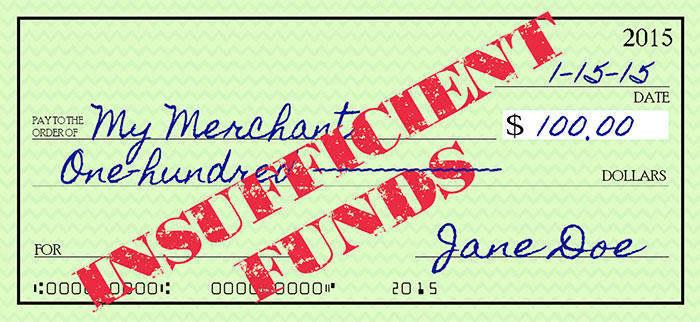
It’s that time of the year when the best in people is usually brought to the forefront. We extend our time and resources to help those in need or simply as a means of “thanks” for those who have helped us out over the past year.
This is also the time of year when hay sales begin to pick up the pace as winter-feed needs are calculated and covered. Though most hay transactions come off without a hitch, there are always those exceptions where the hay seller gets stung with no payment, or a check that can be dribbled the length of a basketball court.
Getting “hung” with a bad check or no check for a hay sale is something that many haymakers have experienced at least once through the years. Whenever the topic is broached on an internet forum or social media site, the replies of personal experiences abound.
Whenever hay is delivered with only a promise of payment, the producer is put in the unenviable position of an unsecured creditor. This is always a position of risk.
The best-case scenario after receiving a bad check is that an honest mistake was made and the problem is quickly resolved. Unfortunately, that doesn’t always happen. Taking legal action may be an option, but it’s one that I’ve found most producers want to avoid as costs can mount to more than the value of the claim.
The best offense against bad checks is a good defense. This can encompass a variety of possible strategies.
Some hay producers who have been burned by nonpayment on several occasions have gone to the extreme of only dealing with buyers whom they know and trust. This, however, is not always possible.
The means by which hay sellers operate to ensure payment is varied. Some deal only in cash, at least with those buyers whom they don’t know. Hay is not loaded (or unloaded) until payment is received. In cases of payment by check, this means the check must clear the bank before the hay is loaded at the farm or delivered.
Some hay sellers have turned to technology and utilize a credit card reader that attaches to their tablet or cellphone. This puts the onus of collection on the credit card company but comes with a user fee that may or may not be passed on to the hay buyer.
Hay scams
It’s one thing to receive a check for insufficient funds from a buyer but an entirely another thing to be purposely scammed. Many scams actually originate from outside of the United States, though not exclusively. Earlier this year, we reported of one such hay scam that occurred in Texas as well as a few other states.
Here are some of the indicators of a potential hay scam:
• Initial contact is made by text message or email, and the buyer is hesitant to speak by phone.
• The buyer offers payment by cashier’s check or money order.
• The buyer insists on paying more than you’re asking but requests that you send the difference back to them or pay the trucker.
• Emails or text message inquiries contain poor spelling and odd word choices.
• The buyer never inquires about the type or quality of the hay.
• The buyer has an unusual name or email address.
Often, scammers acquire a hay seller’s contact information from an advertisement or internet hay sellers’ list. When a hay scam is suspected, the best thing to do is contact your state’s Department of Agriculture and/or the local sheriff’s office.
The vast majority of people are honest and pay promptly for goods and services. Unfortunately, there are exceptions. The bottom line is that it’s a “seller beware” world in the hay marketing business.

